This Congress continues to show an appetite for boosting outdoor recreation opportunities on lands open to all Americans
After a historic win for public lands across the U.S. in March—we’re talking, of course, about the milestone package of legislation that permanently reauthorized the Land and Water Conservation Fund and made many other improvements that benefit hunters and anglers—conservation and access advocates aren’t resting on their laurels. And Congress continues to show an appetite for passing commonsense legislation that boosts access, habitat, or funding for fish and wildlife resources, even with an incredible amount of to-dos lined up to distract them.
Here are five bills on the move that you should know about.
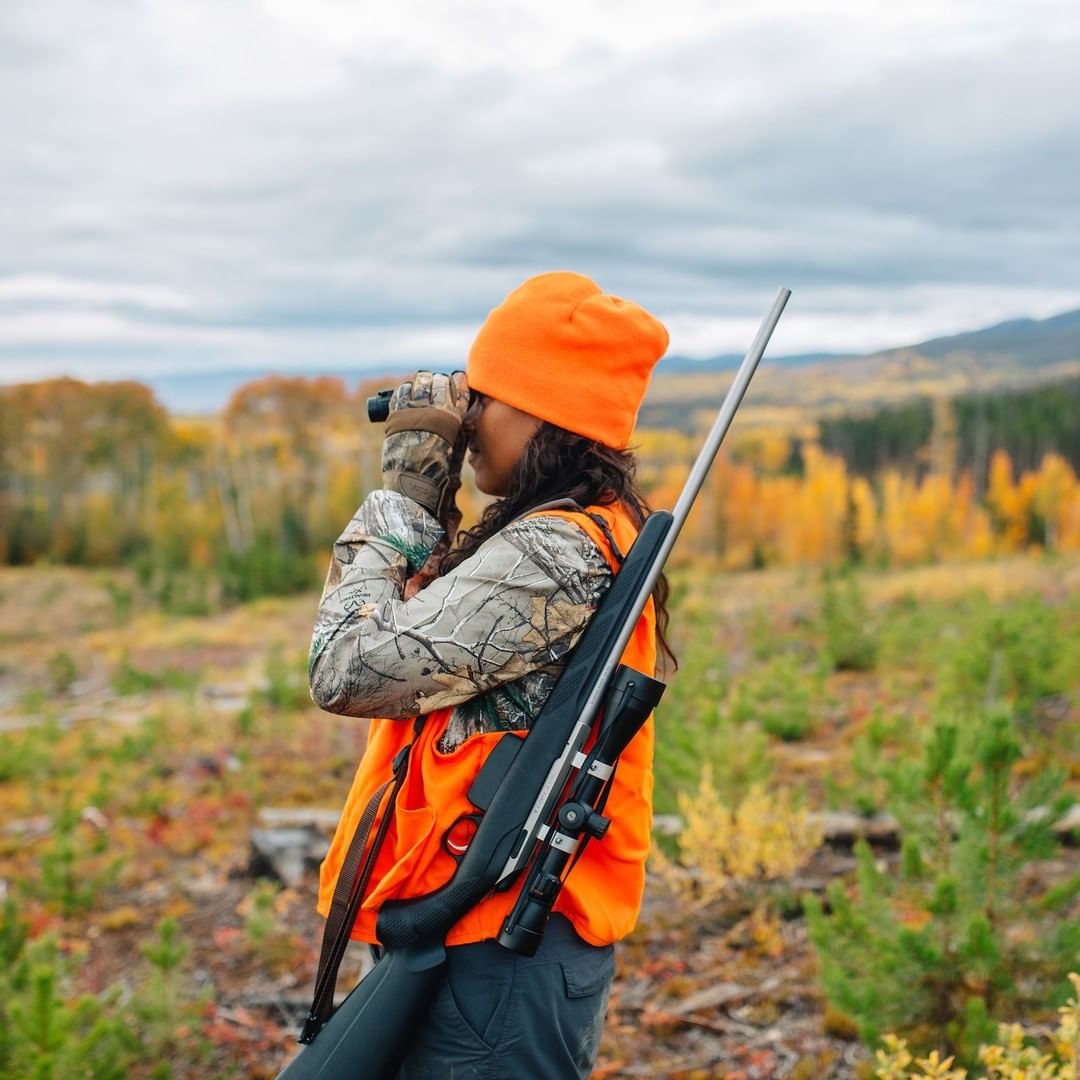
The Colorado Outdoor Recreation and Economy Act
The CORE Act would safeguard approximately 400,000 acres of Colorado’s most rugged landscapes that define an outdoor way of life—particularly the sprawling Thompson Divide, where thousands of hunters pursue elk each year. Roughly half of the area is roadless and provides refuge for abundant fish and wildlife populations. The bill, which has benefited from the input and the support of a long list of diverse stakeholders, including sportsmen and women and business leaders, passed out of committee in July and succeeded in a 227-182 vote on the House floor this week.
Next step: The Senate Energy and Natural Resources Committee should move forward with a legislative hearing on the CORE Act in the near future.
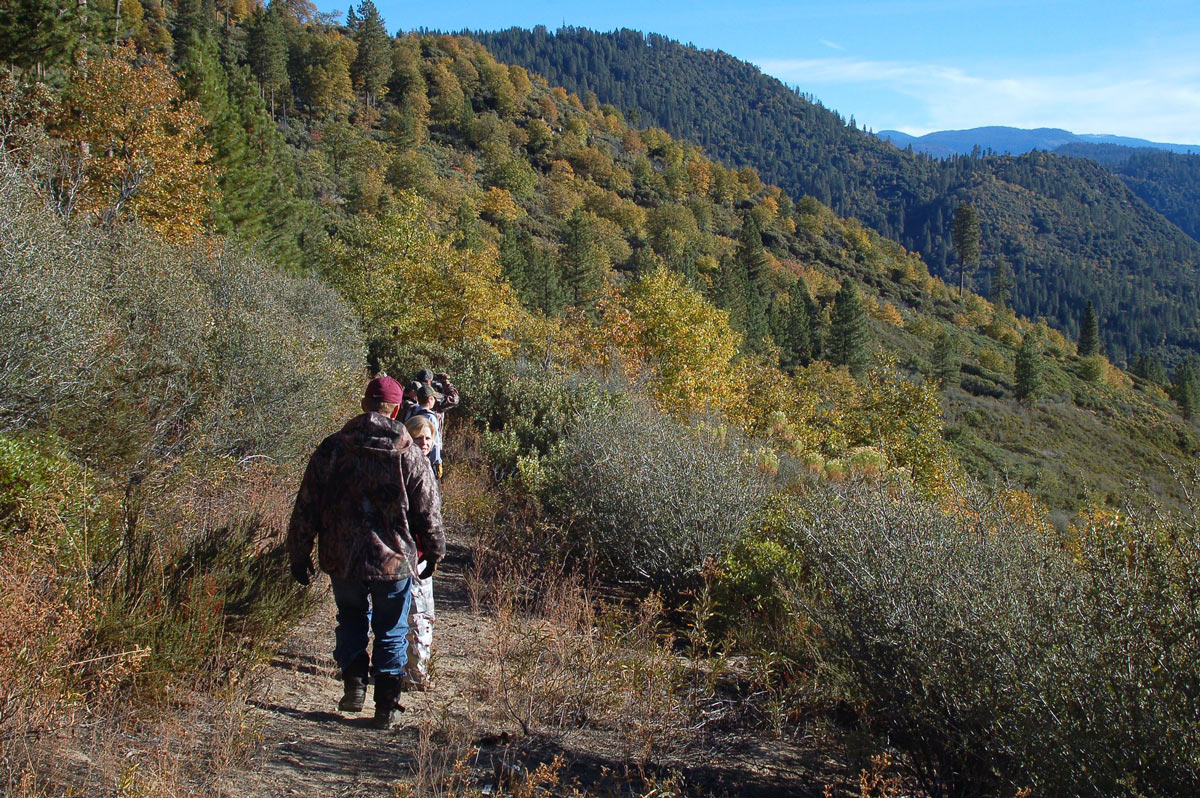
The Recreation Not Red-Tape Act
Across our nation’s public lands, hunters, anglers, guides, and outfitters find legal access difficult, but not always because of closed gates or lack of trails: A complicated and outmoded process for permitting outdoor recreation activities on public lands can keep kayaks in storage and guide vehicles stuck in park.
Supported by the TRCP and championed by partners like the Outdoor Recreation Roundtable, the Outdoor Industry Association, and others, the Recreation Not Red-Tape Act seeks to improve access to public lands by modernizing the process of permitting for certain kinds of outdoor recreation—including by bringing that process online—and creating a system of National Recreation Areas. It would also help prioritize access improvements that benefit military veterans and emphasizes the need for adequate staffing of facilities on our public lands. Expert witnesses from the outdoor recreation industry testified in support of the RNR Act in both a House Small Business Committee hearing and a Senate Energy and Natural Resources hearing this week.
Next step: The Senate Energy and Natural Resources Committee can now move forward with passage. In the House, the legislation has been referred to multiple committees, and an agreement should be reached by leadership to move this important and bipartisan legislation forward to the floor.
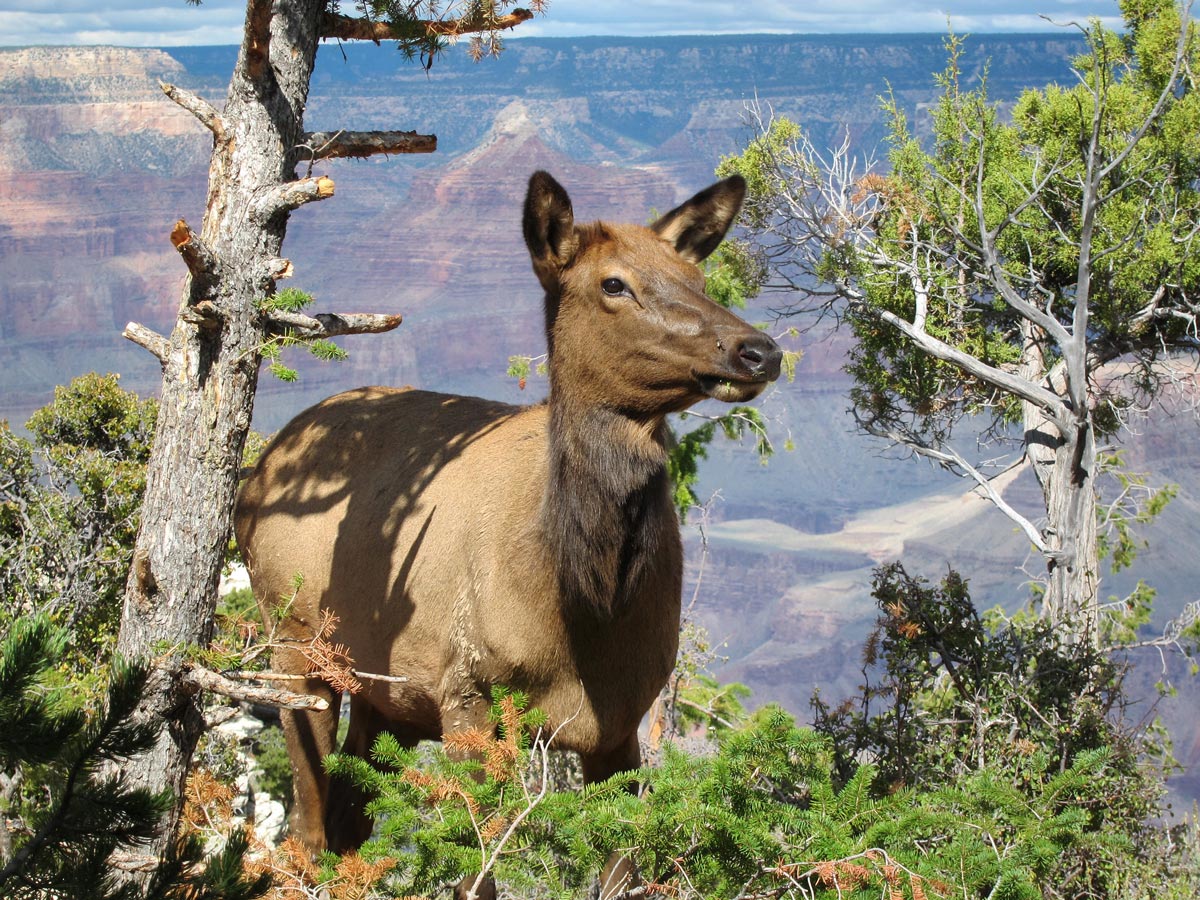
The Grand Canyon Centennial Protection Act
Passed on the House floor this week with a bipartisan vote count, this bill would make permanent the 20-year mining withdrawals that were made administratively in 2012, aimed at protecting the lands around Grand Canyon National Park from uranium mining. In a place that has long been associated with Theodore Roosevelt and is one of the most iconic landscapes in all the world, uranium mining poses an unacceptable risk to the region’s air and water quality, fish and wildlife habitat, and critically important outdoor economy. H.R. 1373 has been a longtime priority of Arizona sportsmen and women.
Next step: The House passed the legislation this week by a vote of 236-185, and while there is not a Senate companion at this point, the legislation should be made a priority in that chamber, as well.
“The Grand Canyon fills me with awe. It is beyond comparison–beyond description; absolutely unparalleled throughout the wide world… Let this great wonder of nature remain as it now is. Do nothing to mar its grandeur, sublimity and loveliness. You cannot improve on it.” – Theodore Roosevelt, 1903
The Simplifying Outdoor Access for Recreation Act
Similar to the Recreation Not Red-Tape Act, the SOAR Act is supported by businesses and nonprofits across the industry and would help ensure the continued growth of the $887-billion outdoor recreation economy by further improving and modernizing the recreational permitting process on public lands.
The legislation reauthorizes the permitting authority of the BLM and Forest Service, and it brings the Fish and Wildlife Service and Bureau of Reclamation under the authority of the Federal Lands Recreation Enhancement Act, allowing those agencies to retain and reinvest permit fees. Importantly, the bill also allows agencies to issue a single permit when a trip crosses an agency boundary, a significant improvement over current policy which requires multiple permits for the same trip.
S.1665 was also included in this week’s Senate Energy and Natural Resources hearing, which featured testimony from leaders of the Forest Service, Bureau of Land Management, education and research initiatives, and the ski industry.
Next step: With hearings complete, it is time for both the House and Senate Committees to move this bill forward for floor votes.
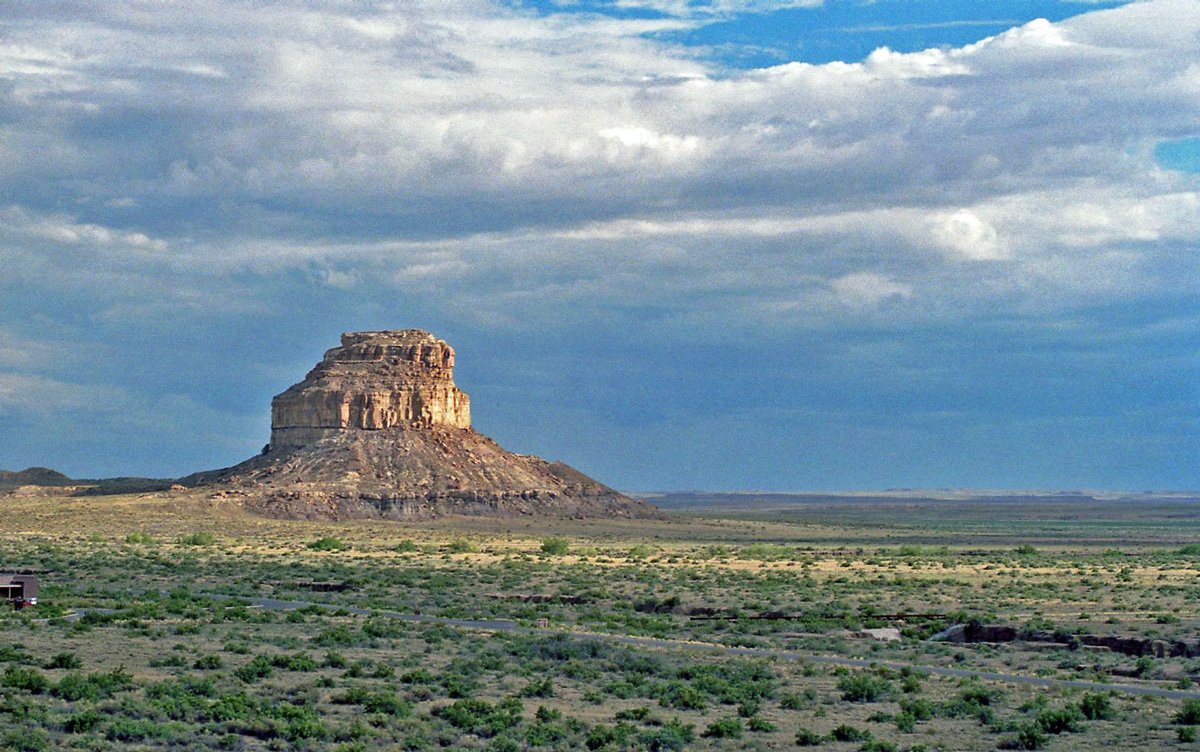
The Chaco Cultural Heritage Area Protection Act of 2019
Another effort to balance demands on public lands from energy development, this House bill would protect areas around Chaco Canyon—a world heritage site known for its archaeological significance and cultural importance—from oil and gas development. The legislation would make permanent a current administrative deferral of oil and gas leasing instituted by Interior Secretary David Bernhardt earlier this year. It was passed in a bipartisan 245–174 vote on the House floor this week. Besides the buildings and sacred dwellings still standing from the 9th, 10th, and 11th centuries, Chaco Canyon is also home to pronghorn antelope and mule deer.
Next step: A Senate companion bill was introduced and debated in committee early this year. That will have to move to successful floor consideration in the Senate before these can be conferenced, likely as part of a bigger comprehensive public lands package.
Top photo by Tom Koerner/USFWS.

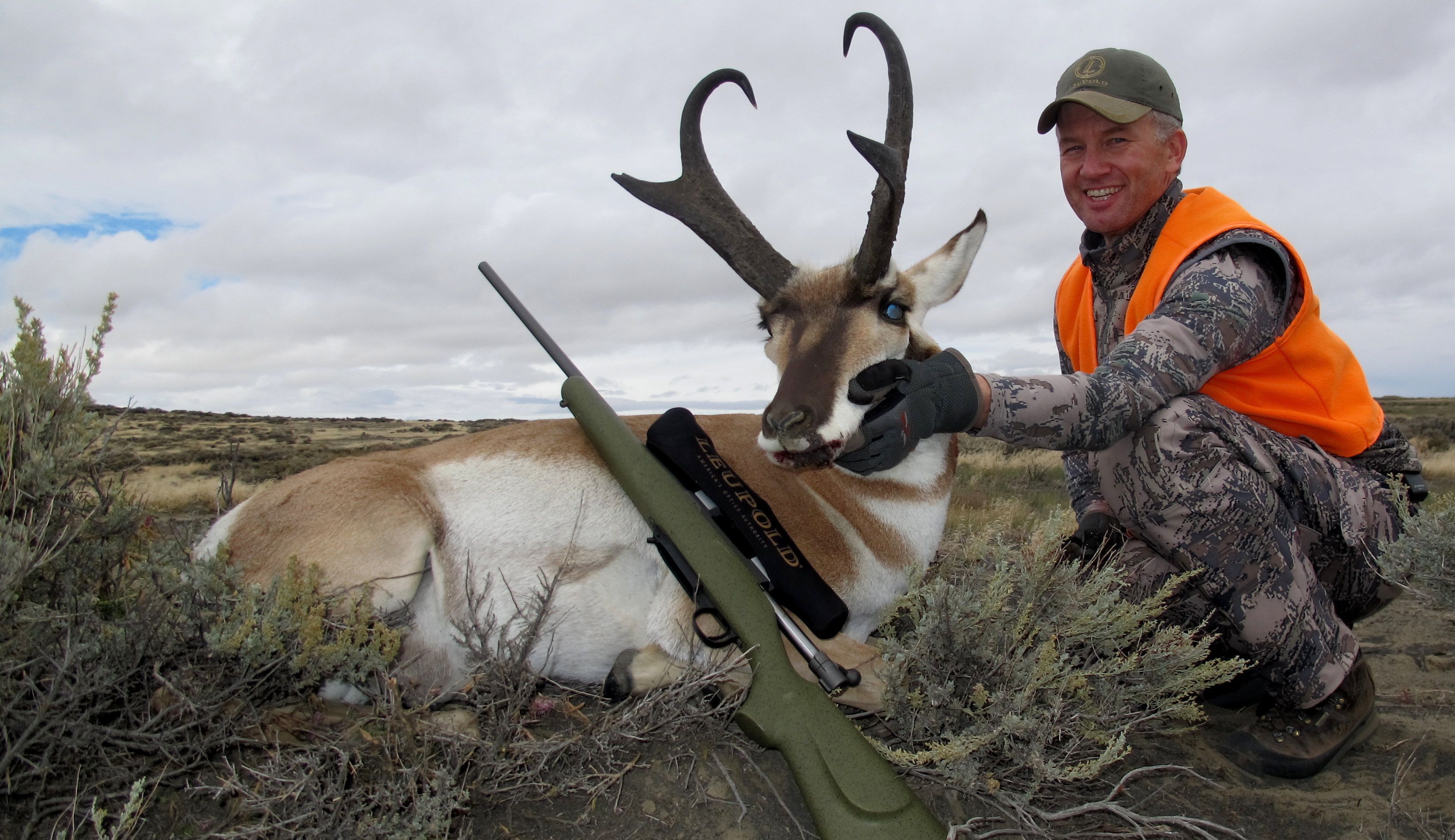
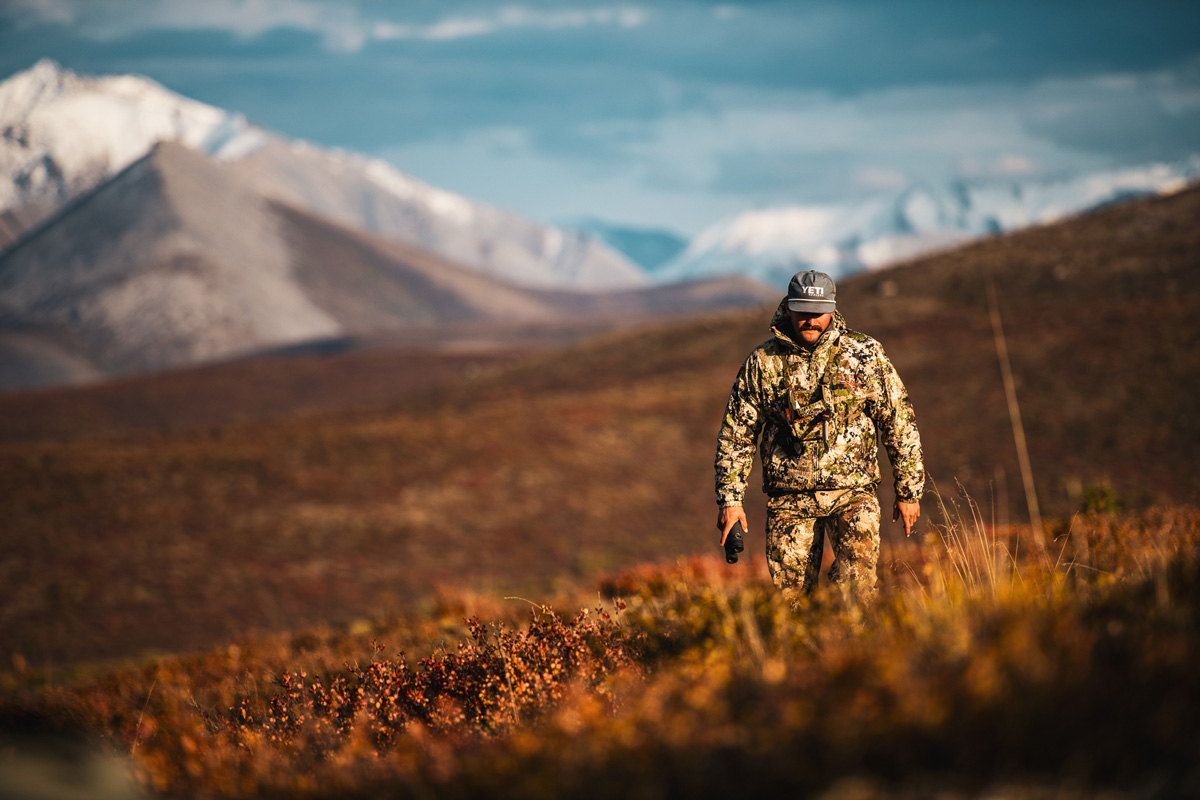

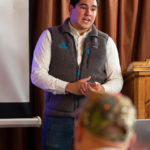 In early October 2019, the TRCP partnered with Hispanic Access Foundation and Nuestra Tierra Conservation Project to host a Hispanic Sportsmen and Women’s Summit in Taos, New Mexico.
In early October 2019, the TRCP partnered with Hispanic Access Foundation and Nuestra Tierra Conservation Project to host a Hispanic Sportsmen and Women’s Summit in Taos, New Mexico.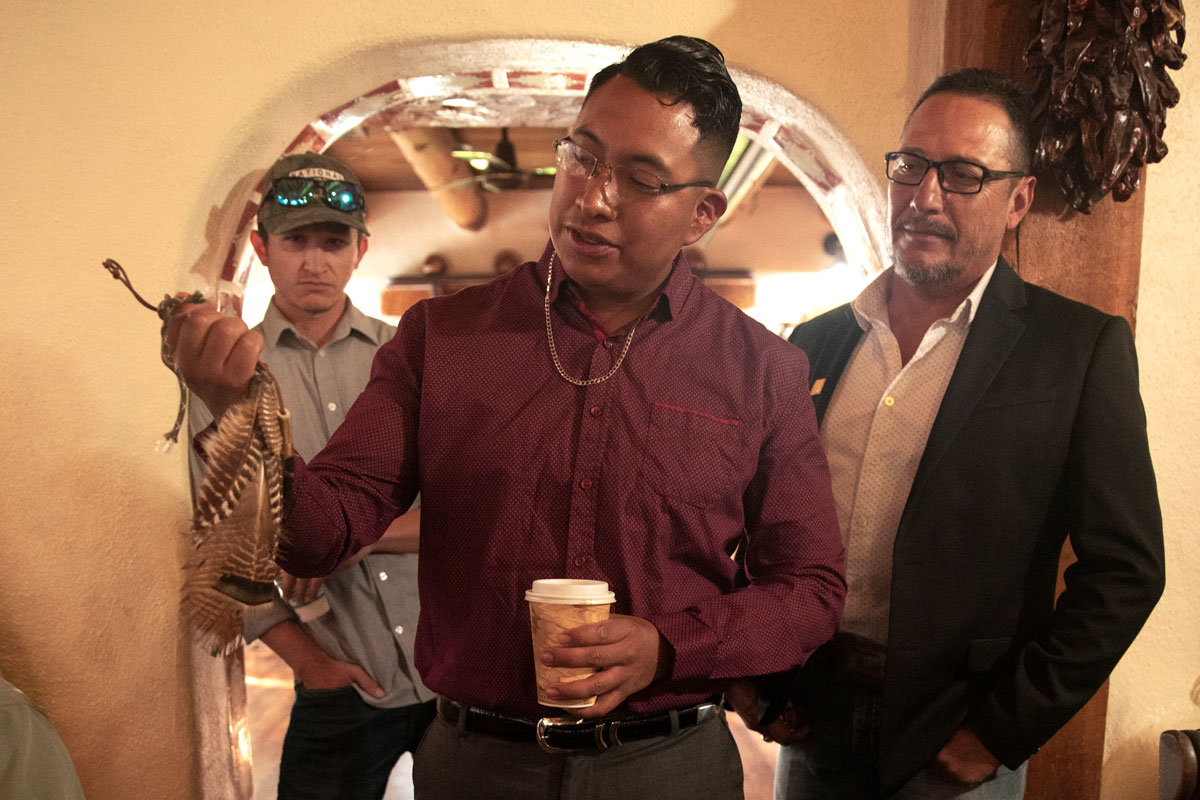
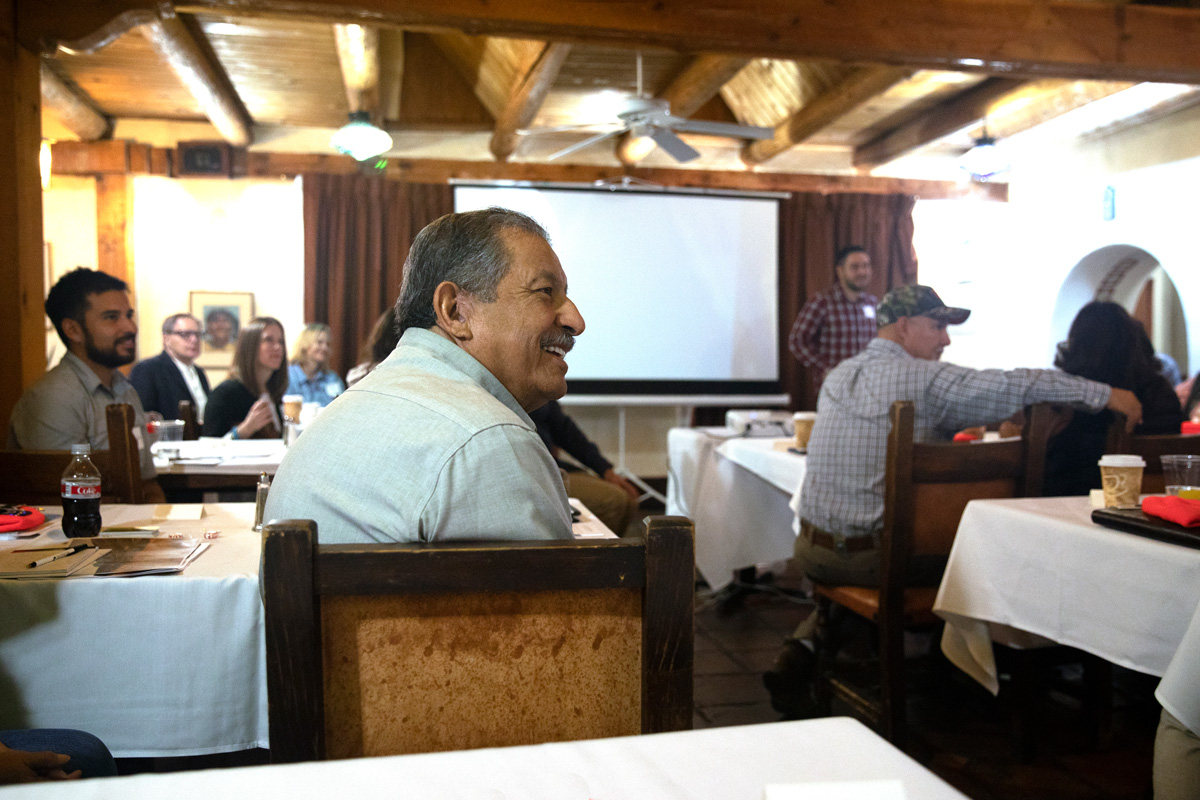
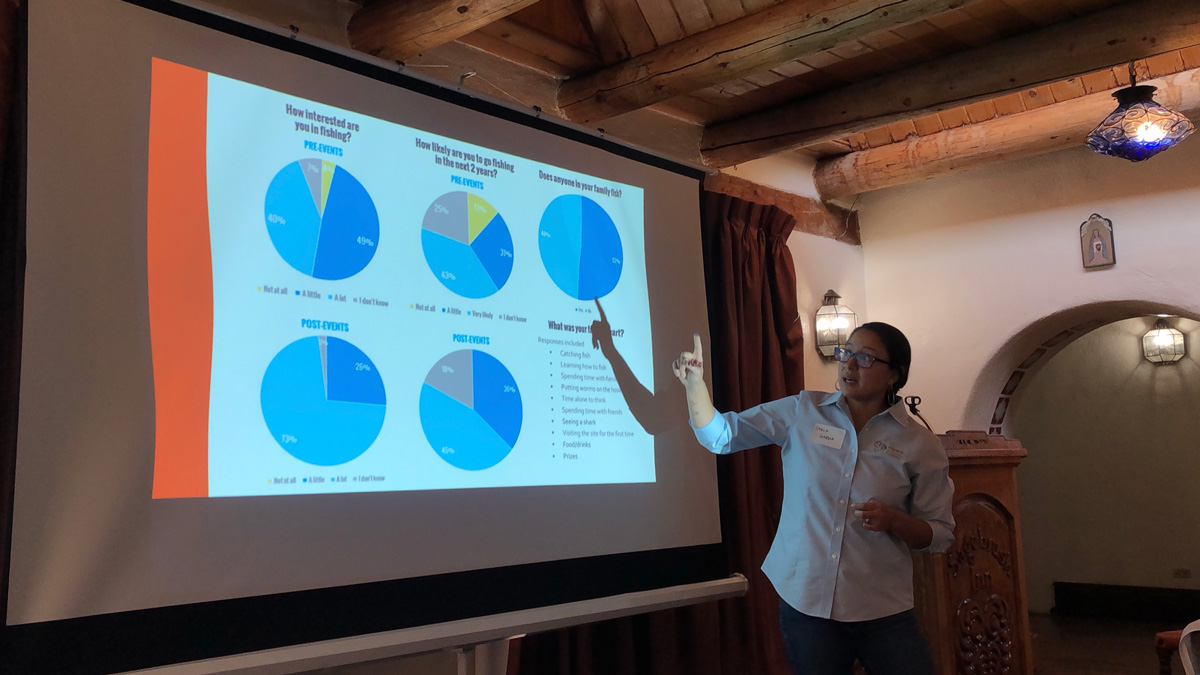
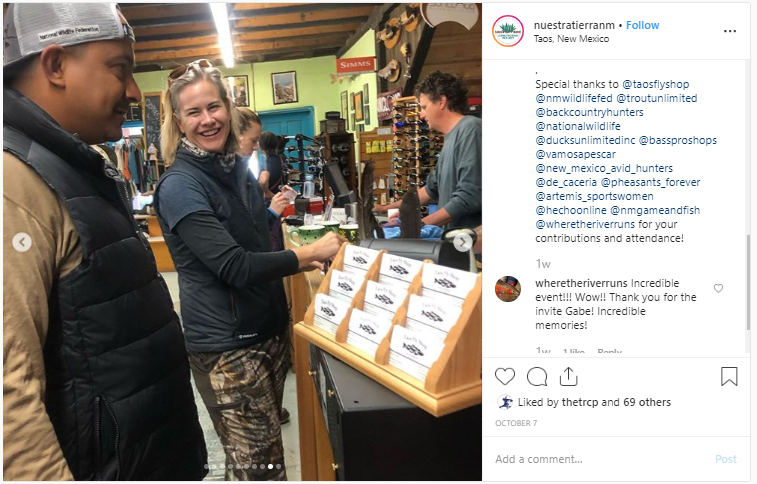
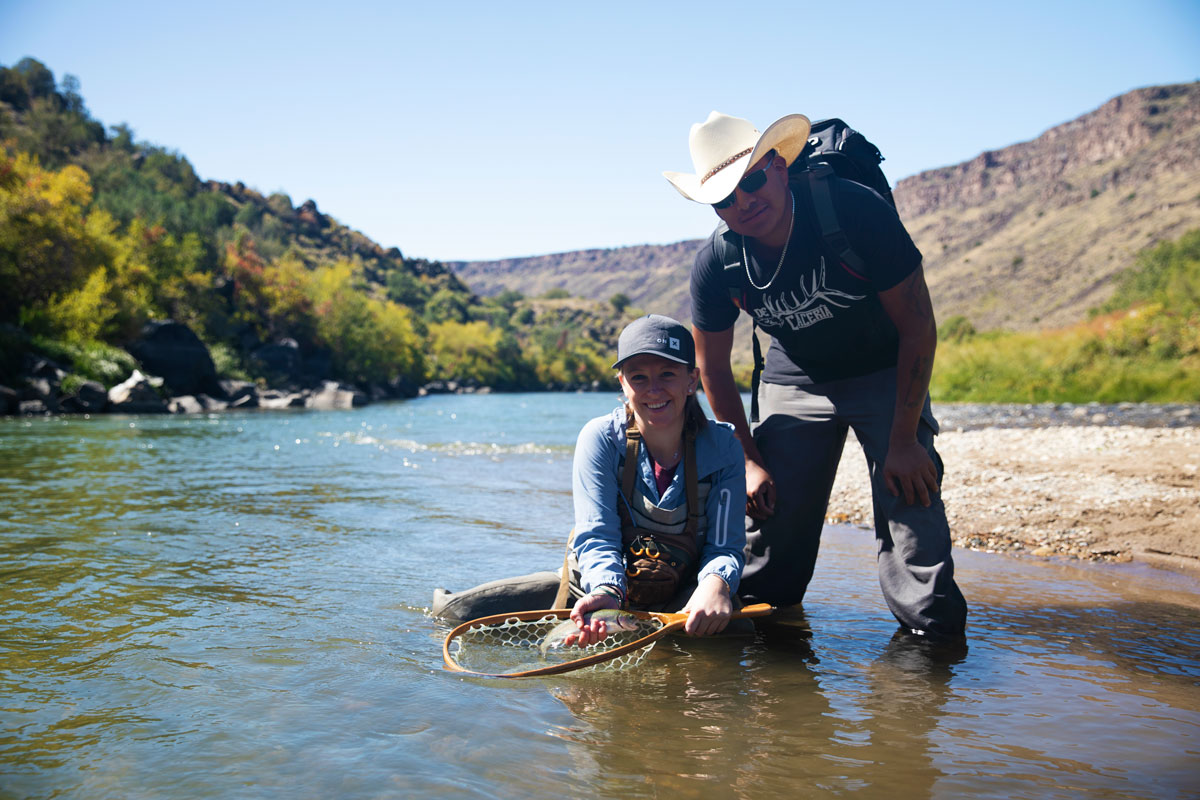
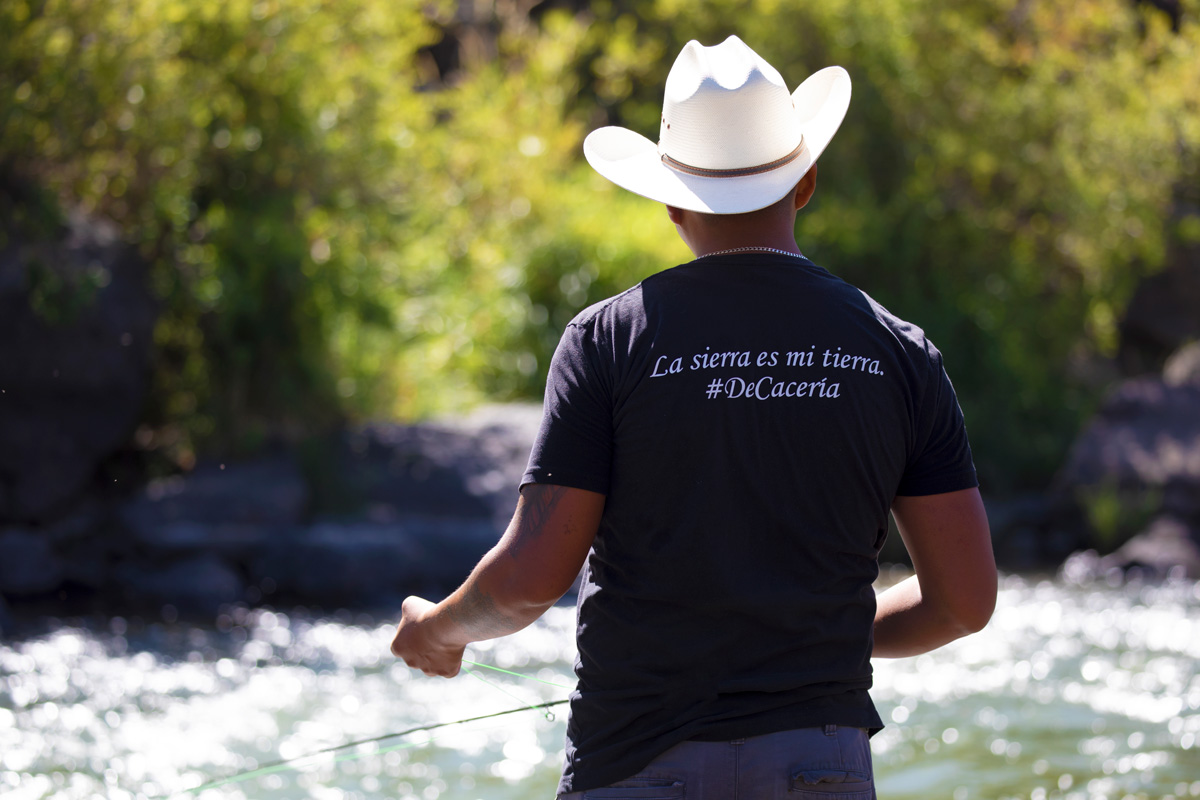




I support the five public land bill totally. I am worried the Republican Senate may try to undo the the good work done by so many. I firmly believe that T.R. would say that this is an American issue and not a political party issue.
Because you adamantly refuse to impose excise taxes on hiking and biking gear I will advocate opposing this and all legislation until you see the light on this. They are not sacred cows ! I have been paying RPDJ excise taxes on boating, hunting and fishing gear for decades ! I have been paying user fees in the form of boat registration, ORV registration, hunting and fishing licenses for decades, also ! Biking and hiking ARE consumptive recreation ! Millions in infrastructure costs for trail construction and maintenance, parking, restrooms, signage to name a few of the expenses that divert funds from hunting and fishing-related expenses. This is long overdue and my legislators will support this or I will vote for someone who will. Thank you.
You have been using public land all those years too. Government agencies don’t have to worry about someone poaching a bicycle or tent. Obviously they are more involved in the deer hunts, etc. than when members of the public go out for a bike ride. It is not the same thing.
As a young man in Colorado the roads in the national forest were many and useable. Now the forest service has all but one road closed thru many areas restricting most forest users to the one road making camping crowded and dusty due to all the new people moving to Colorado. Many of the old roads are gated off. If these roads were opened for use the crowding would be lessened and the hunting opportunity’s improved. When these old logging were open we could drive to the end of a road and camp or hunt in the forest not seeing another person all week and the game was less stressed because of fewer people. No the forest service has massive new buildings and sub contractors do the work if any is done. Close down the offices and put them back to work in our forests.
The bill does away with a needs assessment that is traditionally done to see if there is actually a public need for the service requested by the applicant. This will lead to far too many permits being issued. This will allow agencies too much latitude in issuing permits without input by the general public. The bill also basically does away with cost recovery with the requirement that they cannot collect cost recovery unless it takes more than 50 hours to prepare and monitor the permit.
Need a senate bill for theses current house bills. Keep area open for enjoyment to open land.
Keep this info. coming
Not that I fully endorse mining for energy on public lands-it just depends,,, but, ANY royalties generated absolutely goes right back into wildlife habitat. Either purchasing more of it for the public or, manipulating what we have for the better. Here’s another related topic-start cutting more timber on our national forests, those resources are already there, and we need more young forests!!!!!
I like all of these and feel they are all very important!
Please Include increasing public awareness of the importance of wildlife corridors in agricultural lands.